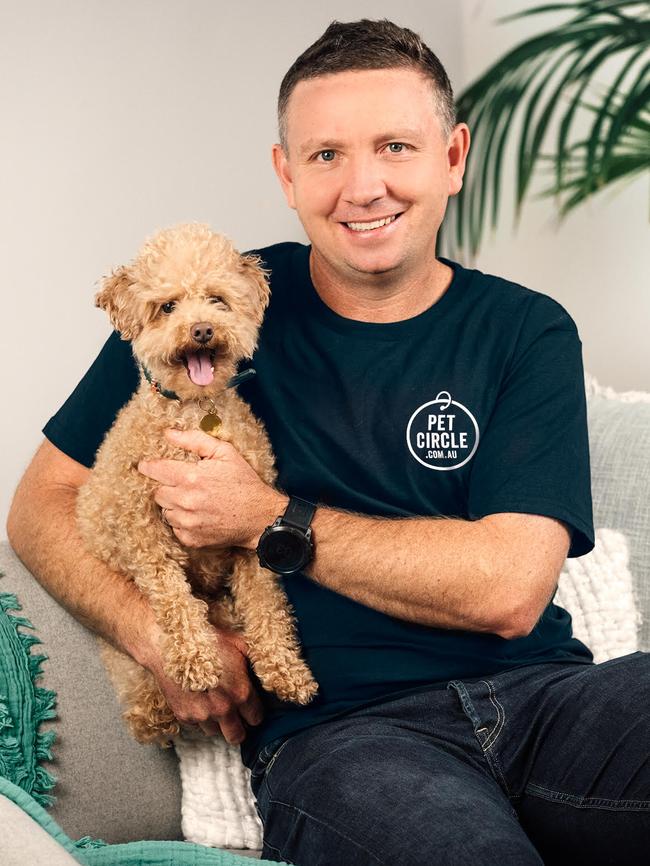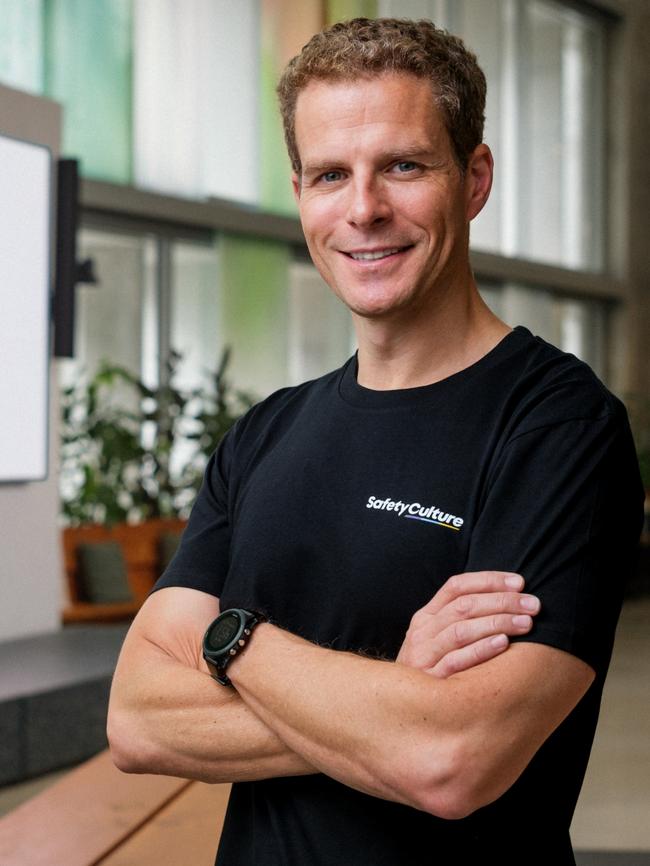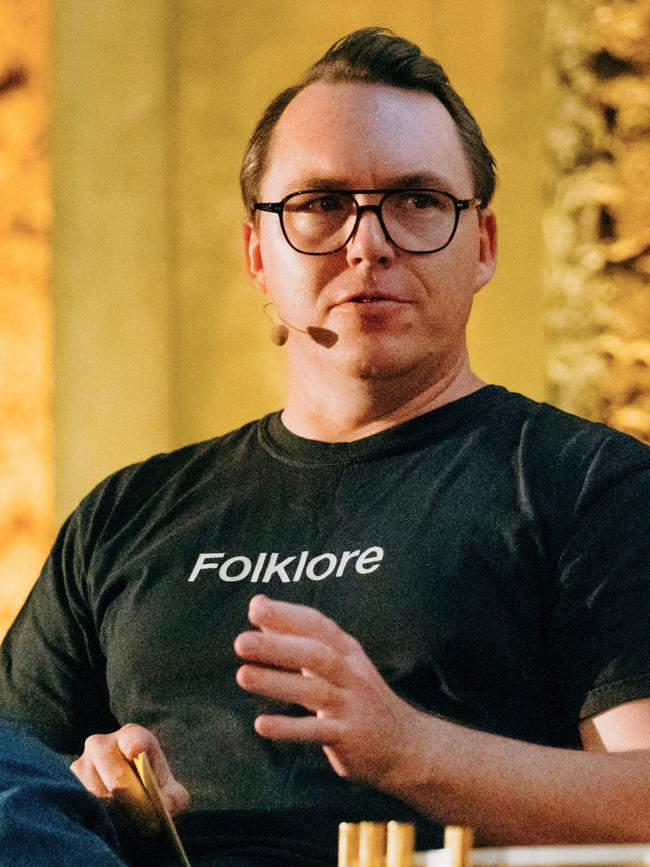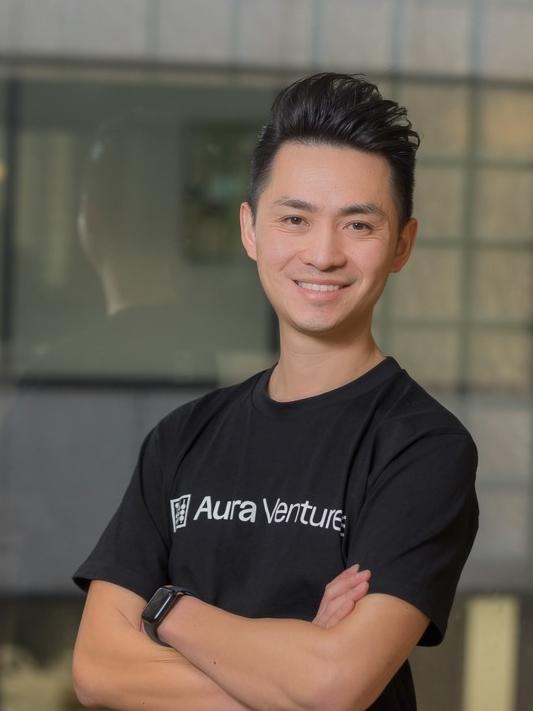Venture capital getting harder to raise as Trump’s tariffs threaten to prolong the IPO drought
Donald Trump’s tariffs have raised concerns that some company floats will struggle to get up and running on the ASX as funding for going to market gets scarcer.

Business
Don't miss out on the headlines from Business. Followed categories will be added to My News.
Donald Trump’s tariffs threaten to prolong Australia’s IPO drought in a fresh setback for start-ups and private companies waiting for their chance to go public.
That is the verdict of venture capitalists, who say the IPO decline was already taking its toll on their ability to raise new capital, shrinking the pool of investors ready to get behind new funds.
Several start-ups with unicorn status say they have no immediate plans to float.
Some argue the appeal isn’t there, while others quietly raised concerns about the regulatory headache that would come with a public listing.
Among those well-placed to go public is Airtree-backed Pet Circle, which was valued at $1bn when it raised $125m in July 2023.
“We are well capitalised with plenty of runway and no immediate plans to IPO,” a spokeswoman said.
Checklist-app start-up SafetyCulture, which had its valuation cut from $2.7bn to $2.5bn as it raised $165m last year, said staying private was better for business.
“Right now, staying private is what we believe best serves our customers. That might change in the future, but not today,” chief executive Kelly Vohs said.


Australian public listings fell 9 per cent to a 20-year low in 2024, with 29 companies going public – exactly one third of the 87 that hit the ASX in 2022, according to a report by accounting firm HLB Mann Judd. In 2023, there were 32 public listings.
That has saddled the venture capital market with a challenging fundraising environment, narrowing the pool of investors looking to back new strategies.
“Some investors had over-allocated into venture capital and private equity and they are maxed out and can’t move until they see liquidity,” said Galileo Ventures co-founder James Alexander, pointing to the enormous funding rounds seen during the Covid pandemic.
“The impact of less IPOs flows down hill. If there are less exits at the big end of town, round sizes and valuations will get compressed.”
Mr Alexander said most “serious investors” believed IPOs would come back eventually, but “less liquidity just means less tourists overall which means less money for VC, so it’s harder (to raise new funds)”.
The US tariffs added a further element of risk as the venture capital industry waited to see which of their portfolio companies would adjust. “People are uncertain about how the tariffs are going to impact everyone. What I’m hearing is that the uncertainty adds to investor weariness,” he said.

Some VC funds had become hyper-focused on “alternative exits” to mitigate their investors’ liquidity challenges, Folklore Ventures founder Alister Coleman said.
“Whilst the limited IPO activity is a challenge, quite a lot of activity and liquidity has come from greater attention to alternative exit options including secondary transactions, M&A and private equity buyouts, and that’s where VCs are currently focused,” he said.
Aura Ventures partner Eric Chan had a similar experience, adding that several of the firms’ recent exits were alternative to an IPO including trade sales, secondary share sales, company buybacks and share-based deals with listed companies.
“The closure of the IPO market has meant less liquidity for VC managers. This is particularly difficult for Australian VCs as many have been around for seven or so years, are still on their first vintage and need to demonstrate DPI to raise their new fund,” he said.

“We have always said that our success will ultimately be measured by how well we pick and how well we exit. But you won’t know how well you pick until the exit. So without exits it’s hard to confidently say what you’re doing is working.”
One of Australia’s largest recent secondary share sales belonged to market darling Canva which made a number of staff instant millionaires last year and helped it raise $3.6bn. A second sale saw about $2.5bn added to the wealth of two of its founders, Melanie Perkins and Cliff Obrecht, and valued the design software giant at $US32bn ($48.7bn).
Canva’s own plans to go public in the US have been speculated over for a number of years but Mr Obrecht maintains there’s “no big rush”, telling The Australian last year “it will happen in the coming years, no doubt”.
Mr Vohs added that for SafetyCulture, it would “continue to create regular liquidity events, and both public and private markets remain options for us”.
More Coverage
Originally published as Venture capital getting harder to raise as Trump’s tariffs threaten to prolong the IPO drought




